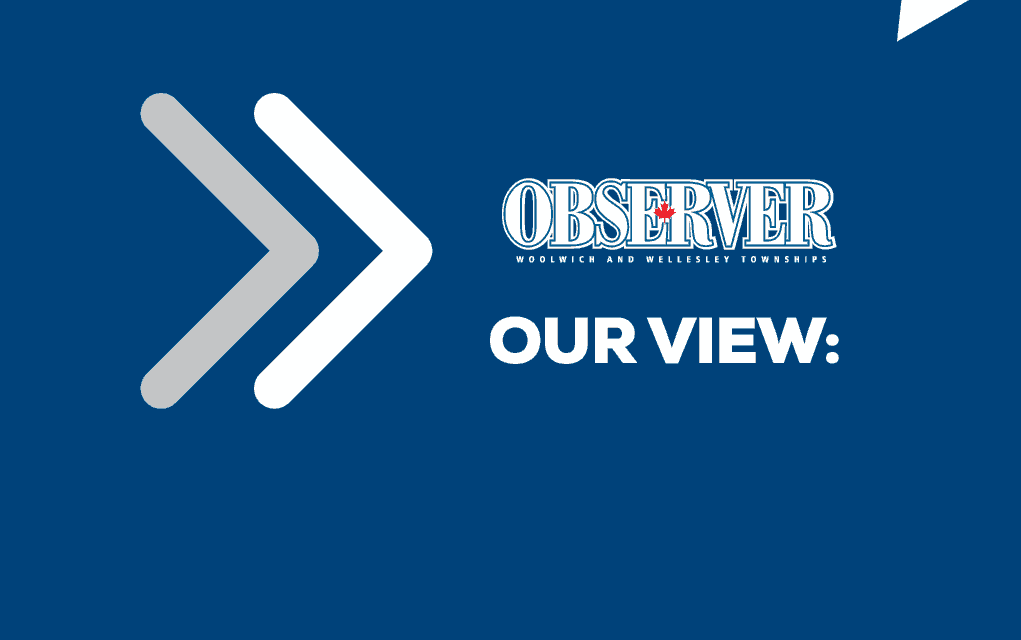;
;
;

Ontarians steaming over the latest iteration of the sunshine list and reports of runaway government payrolls find themselves working in a softer job market even as corporate profits reach new heights. In essence, more money is being lifted from their wallets by government profligacy even as their ow
Last updated on May 04, 23
Posted on Apr 03, 15
2 min read
